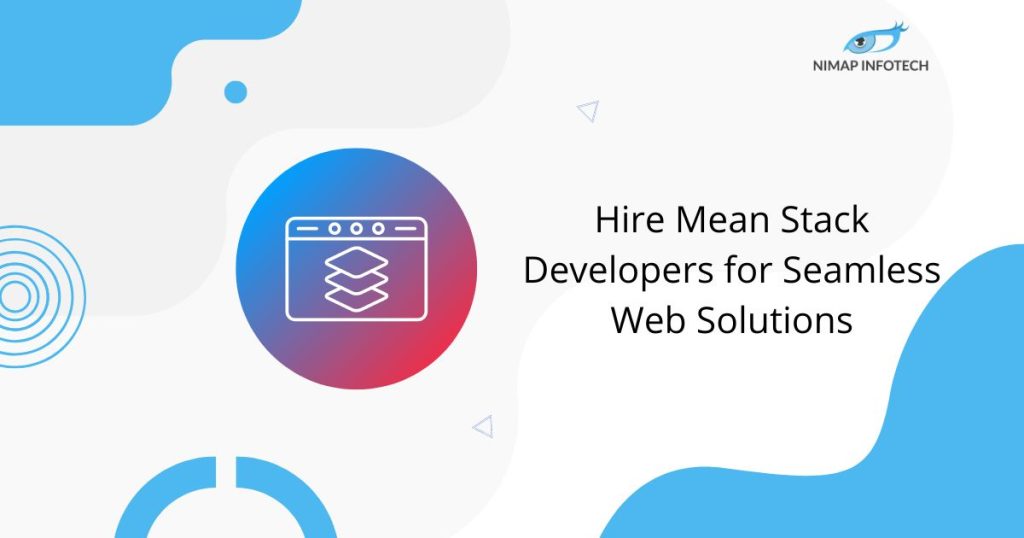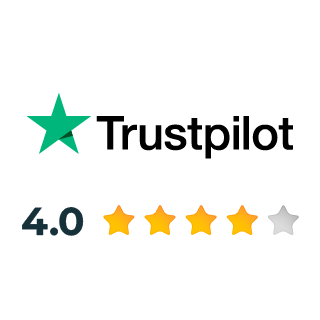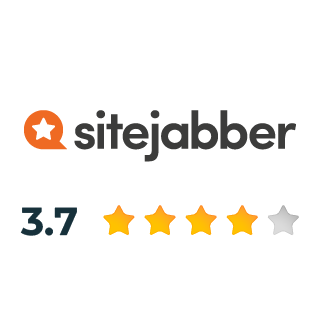What is DevOps as a Service?
DevOps outsourcing is the essence of DevOps as a Service. Clients choose a third-party company that offers DevOps professionals, relieving them of their duties and responsibilities. Clients can request DevOps as a service, use IT staff augmentation, or choose a specialized team, depending on the project’s scope and timeline.
Your Agile team can be expanded by utilizing DevOps professional service, which combines the development and maintenance phases into a streamlined workflow.
Crucial Things Startups Should Know About DevOps Outsourcing –
Choose the Right Outsourcing Company:
- Let’s say you are ready to Hire DevOps Developers from an outsourcing company. But before taking any crucial decision it’s necessary to have some information about it.
- The discussion aims to outline the points that you should check with the outsourcing company.
Experience:
- The most crucial factor in evaluating potential partners is their experience.
- Seek out a DevOps service provider who has a track record of success, preferably in your sector.
- This involves assessing the operation’s duration, the partner’s prior challenges, and how they were effectively resolved.
Effective Communication:
- Assess the company’s ability to effectively communicate complex concepts in clear and understandable language to avoid being overwhelmed by technical terminology.
- The ability to communicate difficult concepts is a hallmark of a true expert.
- By bridging the gap between your team and the outsourcing partner, seamless communication makes sure that everyone agrees.
Also Read: Hire Developers for Startups: Succeed With New Nimap Hiring Model
Cultural Fit:
- Technical proficiency is not as crucial as cultural compatibility.
- A startup’s culture should be reflected in your partner’s ideals, work ethic, and problem-solving style.
Clear Expectations:
- Clearly state your goals and expectations. At the end of the day, what do you hope to obtain?
- Understanding your objectives is crucial for achieving increased security, faster release cycles, or improved system stability.
- Provide a thorough service level agreement (SLA) that outlines these expectations.
Effective Performance:
- Without useful measures like mean time to recovery, lead time for modifications, and deployment frequency, it is impossible to assess success.
- They provide information on how well your DevOps procedures are working and monitor these metrics regularly.
- High-performing teams measure lead times in hours, while less effective teams may use days, weeks, or even months.
What do DevOps Activities Include?
DevOps engineers tackle software maintenance issues and difficulties in the early phases of sprints. DevOps is utilized in startups to address problems that may not be identified until the project is in production, reducing the workload on developers.
A DevOps-enhanced lifecycle’s essential elements consist of:
Continuous Development:
- There is no direct coding involved for DevOps engineers.
- Yet, by setting up development environments, automating processes, and supporting version control, they boost the output of a development team.
Continuous Integration:
- The DevOps-prepared pipeline allows the development team to quickly and easily integrate new components into the code base.
- It becomes possible to change source code multiple times a day.
Testing:
- Test automation is used by DevOps engineers (regression testing, integration testing, API testing, etc.).
- Along with continuous integration, continuous testing is an essential component of DevOps for startups.
Deployment:
- The group uses containers to distribute integrated source code among machines.
- It just takes a few seconds to deploy.
- The system enables the team to promptly release any necessary improvements.
Feedback:
- The group gathers data on app performance, identified problems, and user recommendations.
- It is used by the group to make more advancements.
Constant Observation:
- This operations-side phase allows engineers to identify new problems (including memory leaks, unusual user loads, crashes, and more) and fix them right away.
Continuous Operations:
- For startups, DevOps focuses on making enhancements to development procedures that assist the team in streamlining workflow, boosting productivity, and reducing delivery times.
How does DevOps for Startups assist?
DevOps professionals handle a plethora of crucial jobs on startup projects every day, some of which are listed below:
- Find and remove unwanted resources; maximize the utilization of resources by services; save maintenance costs; and boost the return on investment (ROI) of DevOps for startups.
- Make sure user data is accessible, safe, and secure for its owners by keeping an eye on and improving the software infrastructure.
- As developers continue to release upgrades without any noticeable downtime, make sure users can continue using the product.
- Automated testing can improve software consistency by ensuring that new code doesn’t adversely impact the current codebase.
- Reduce the amount of time needed to send the code. Provide support for any size of frequent code shipments, including feature releases, bug fixes, and essential updates.
Advantages of DevOps for Startups –
Access to Specialized Expertise:
- Proficiency in DevOps requires a deep understanding of the development and operations facets of the discipline.
- Through outsourcing to professionals, startups can have access to expertise and knowledge that they might not possess internally.
Cost-effectiveness:
- By reducing resource waste, DevOps helps startups save a significant portion of their maintenance budget.
- DevOps engineers examine the cost structure first.
- The crew is considered by the resources as either unhelpful or unused.
- The next phase is the introduction of enhancements.
Scalability:
- Rapid growth can sometimes be a sign of a startup’s journey and put strain on internal resources.
- Contacting companies for DevOps consulting can scale their services to meet the demands of the startup.
- Startups can potentially experience faster growth by reducing the time spent on maintaining infrastructure and other DevOps-related tasks.
Increased Productivity:
- DevOps locates bottlenecks and automates repetitive activities, giving tiresome, repetitive jobs to machines.
- For QAs to test software under real-world situations, DevOps engineers automatically write scripts that deploy testing environments.
- As the team swiftly completes tasks, the machine diligently scans for any errors.
Software Stability:
- Administrators and developers differ distinctively from DevOps engineers in their respective roles and responsibilities.
- By establishing a connection between the two teams, they guarantee that everyone remains aware of each other’s problems and difficulties.
- Startups can fix software bugs in new releases with the use of DevOps.
- Software behaviour becomes predictable, necessitating immediate changes and less maintenance.
Read More: Hire DevOps Developers: Things to Consider While Hiring
Conclusion: Embracing DevOps for Startups –
DevOps, a cultural shift, revolutionizes how startups tackle development and operations—beyond a mere set of guidelines. Dismantling separate departments promotes cooperation and enables cross-functional teams to cooperate on shared objectives. This transition in culture involves a focus on shared ownership, ongoing development, and an agility- and adaptability-oriented way of thinking.
DevOps for startups isn’t merely a technique; it’s the path to greatness, enabling them to conquer obstacles and foster enduring success.
Are you willing to use DevOps knowledge to grow your startup to new heights? Select Nimap Infotech as your reliable DevOps service provider to help you down the transformative path to greater productivity, enhanced quality, and development.








































